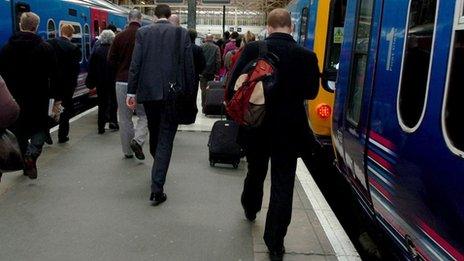ScotRail franchise: How will Abellio deal change Scotland's railways?
- Published

Dutch rail operator Abellio has won the £6bn franchise to run ScotRail, external services for the next decade, beating the current Aberdeen-based operator, FirstGroup, external.
Reaction has been mixed, with unions arguing that ministers should have delayed a decision in the hope that the railways to be brought back into public ownership.
However, the Scottish government said it was a "world-leading contract" which would transform rail services.
Here we tell you a bit more about Abellio, and what the new franchise will mean for Scottish commuters.

What is Abellio?
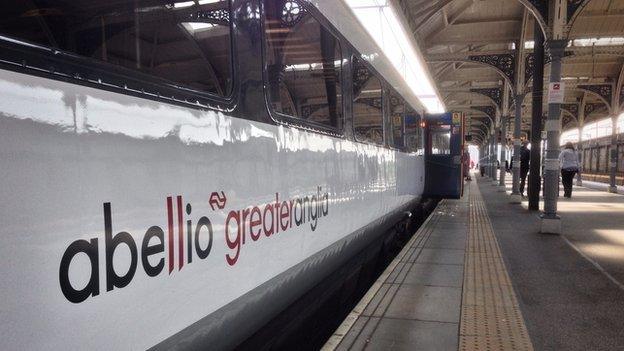
Abellio is a name which is probably unfamiliar to many Scottish commuters.
But the company, an international subsidiary of the state-owned Dutch Railways (Nederlandse Spoorwegen, or NS for short, external), has been ferrying UK commuters since 2003, when it won a 25-year franchise to operate Merseyrail , external- which meant it bought the lease to use the firm's business model and brand.
NS, Abellio's parent company, owns services that sprawl through Europe. Dutch commuters can travel from any of their national train stations to more than 2,700 European destinations. NS is also behind the Thalys, ICE International, Eurostar and TGV high-speed services.

How can a Dutch firm run UK railway franchises?
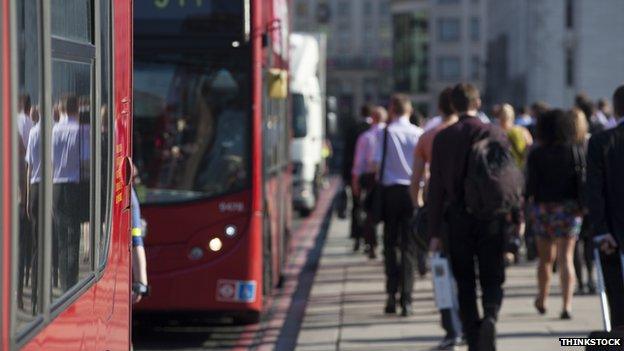
NS decided to found Abellio (initially known as NedRailways) in 2001, when it saw potential in the liberalisation of the European transport sector - and the UK transport market was the most liberalised of them all.
This means private companies - or firms that are subsidiaries of foreign state-owned companies, such as Abellio - can compete for contracts to UK franchises.
Abellio partnered with British-based outsourcing company Serco, external, and promptly won the Merseyrail franchise. It went on to win the Northern Rail, external contract in 2004, and bought London Bus from National Express, external in 2009. The company now runs services in central, south and west London and across some of Surrey.
It also owns Abellio Greater Anglia, external, a British train operating company - which means that if you've travelled from London Liverpool Street to Norwich, Cambridge, Colchester or many more, you were probably taken there by Abellio.

Why has it taken over from FirstGroup?

Abellio and FirstGroup weren't the only contenders - Arriva, MTR and National Express were also competing for the ScotRail franchise.
Scottish Ministers set certain policy objectives, external - including value for money, quality of service, environmental performance and passenger satisfaction - and the five competitors set out proposals of how they'd meet the goals. All had to meet a "minimum service level specification".
Transport Scotland was responsible for the final decision. Transport Minister Keith Brown said Abellio had "come up with some truly innovative ways to make rail even more affordable".

What does it mean for commuters?
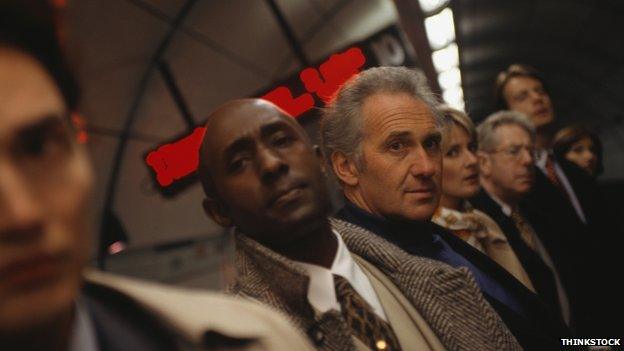
Some big promises have been made to consumers, including advance fares starting at £5 for journeys between any two Scottish cities, free wifi on all trains, 23% more carriages across the network, reduced fares for jobseekers, and shopping developments in stations at Aberdeen and Inverness.
Meanwhile, staff have been promised no compulsory redundancies for the duration of the contract, a living wage for staff and subcontractors, and at least 100 apprenticeships.
ScotRail is responsible for 78 million passenger journeys every year - so lots of Scots will be feeling the change from April next year, when the contract starts.
And there's a break clause half way through the 10-year deal, which means the government can cancel the contract if Abellio fails to meet its obligations.

What are people saying?
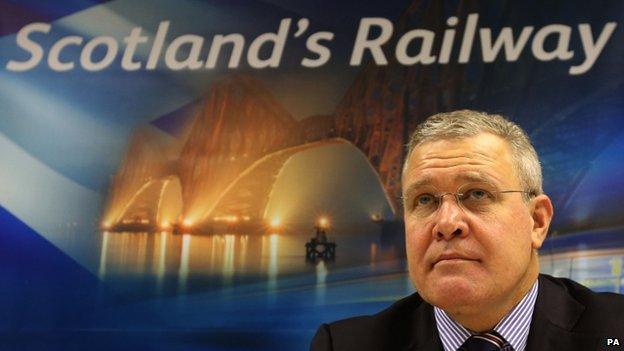
Unions, who want to see a return to publicly-owned railways, have been quick to condemn the decision. The RMT says money is being "sucked out of the industry" and would now subsidise the state-owned Dutch railways.
There have been calls - including one from James Kelly of Scottish Labour - to postpone the awarding of the contract until after decisions have been made regarding further powers for the Scottish Parliament. He said Mr Brown should have suspended the process "so further devolution could allow public bids to operate Scotland's railways".
However, the Scottish Conservatives said the transport minister had "done well to resist calls from the sirens of the extreme left who would see us return to the investment vacuum and the catastrophic management failures of the state-owned monopoly".
Transport Scotland, external thinks the plans will mean Scottish railways "will continue to be innovative, passenger-led and a hugely important driver in Scotland's long-term success and sustainability".
Abellio - unsurprisingly perhaps - said it was "delighted and incredibly excited".
- Published8 October 2014
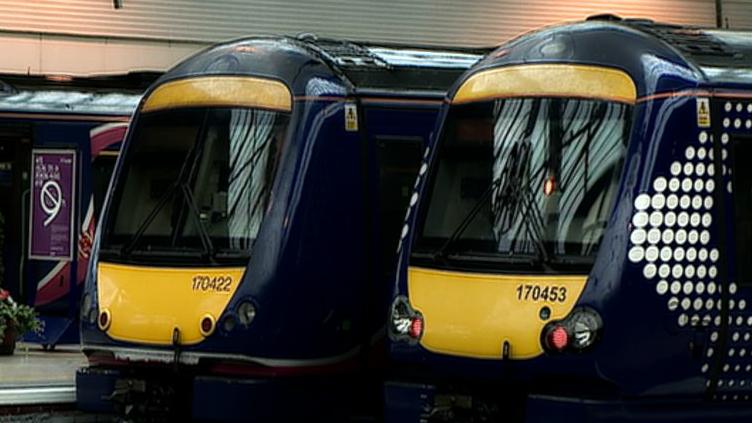
- Published1 October 2014
